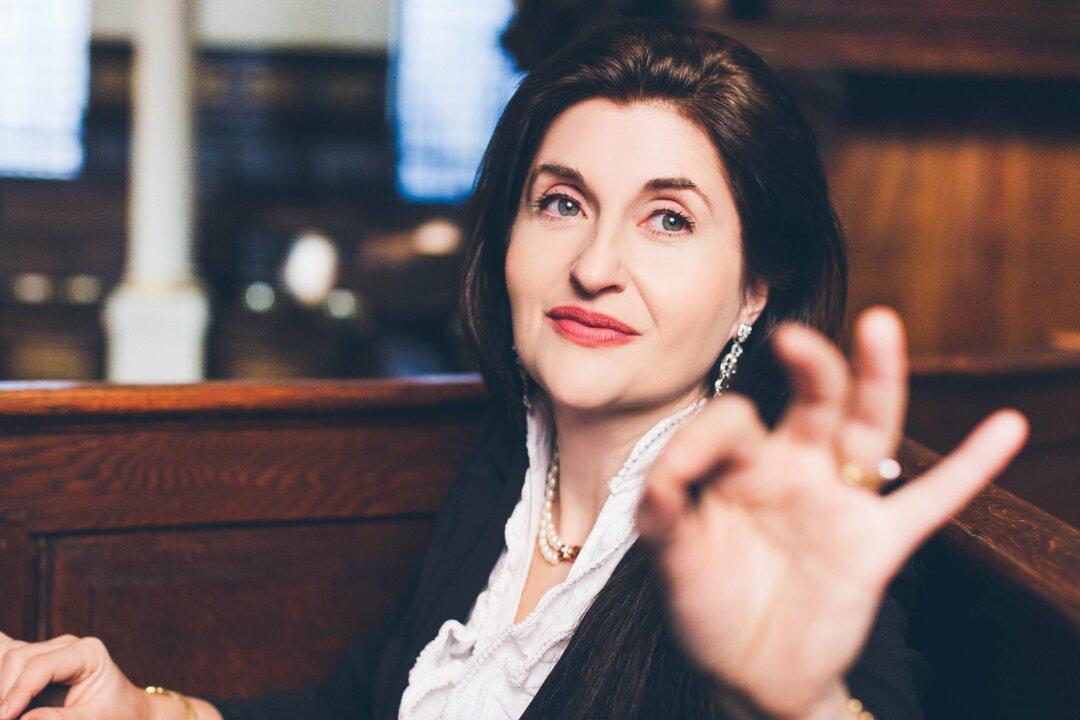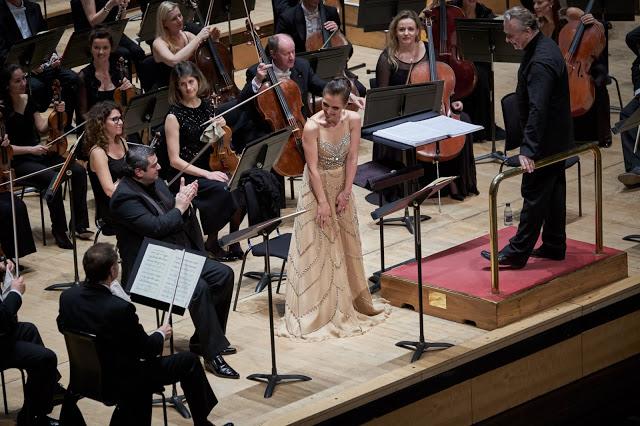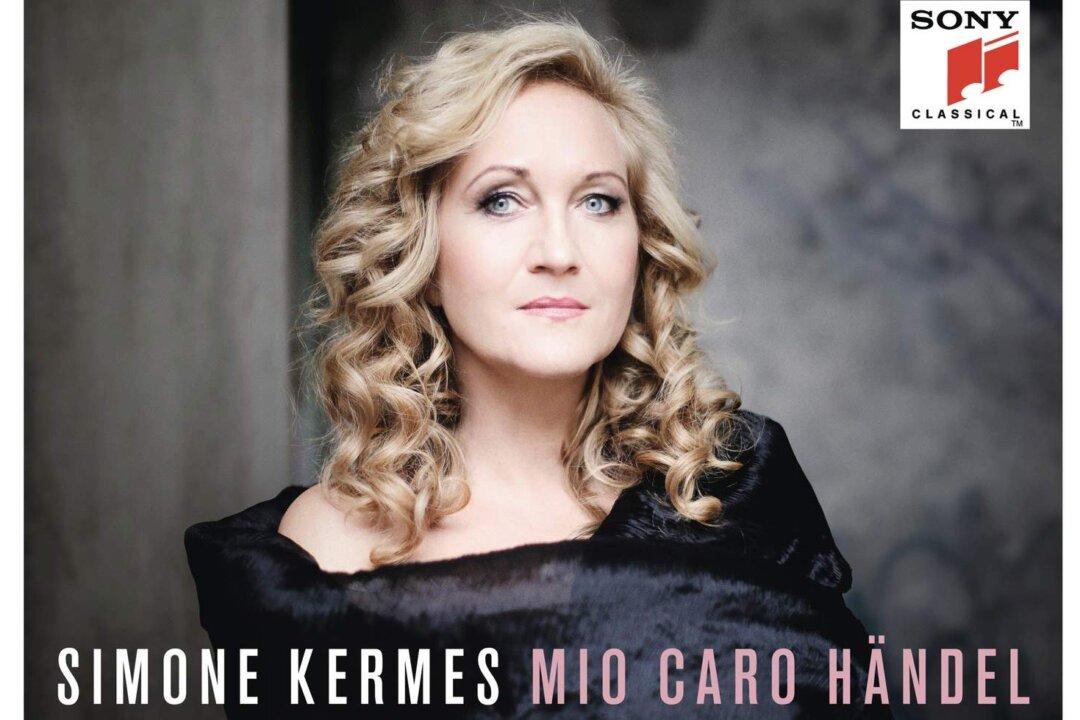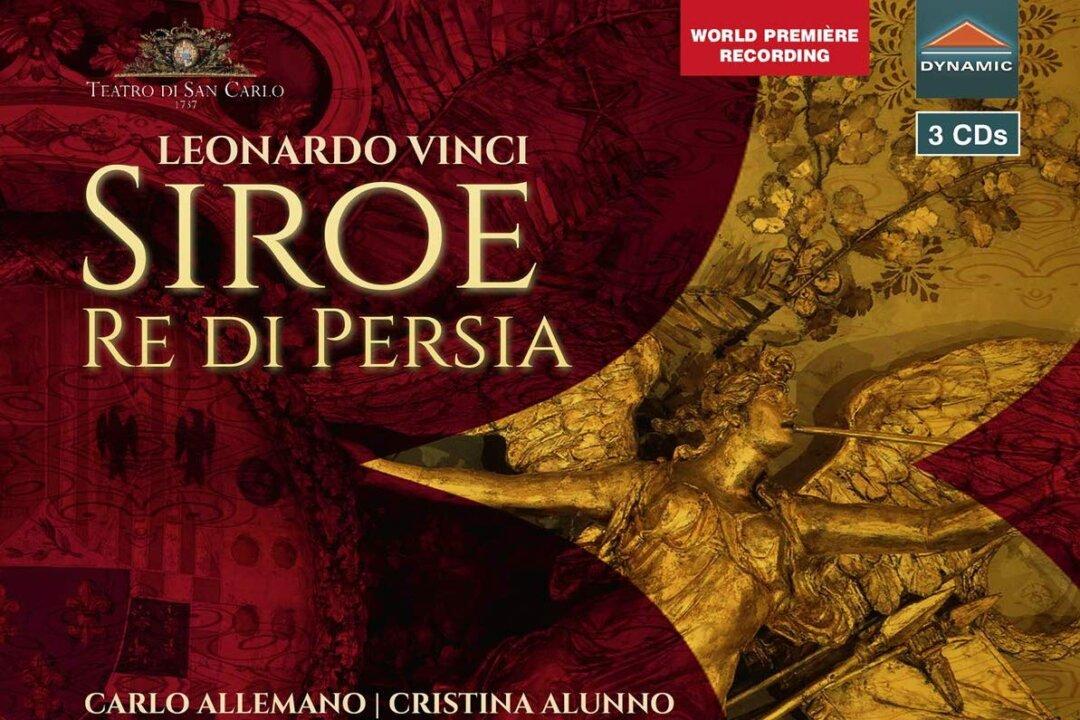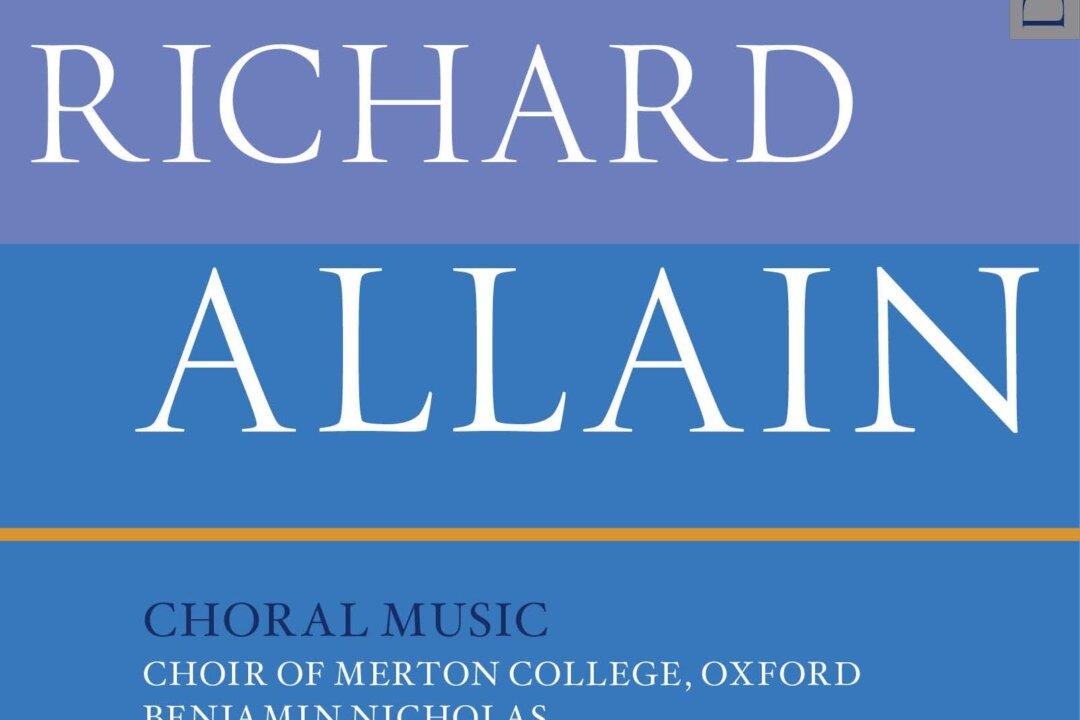This year’s London Handel Festival focused on the theme “Handel’s Divas”; yet the word “diva,” in fact, was not used about singers during Handel’s day, and it has come to have rather negative connotations.
As part of the festival, international opera conductor, prizewinning harpsichordist, and early music specialist Bridget Cunningham and her company specializing in Baroque music, London Early Opera, performed on April 11, 2019, with a concert titled “Costly Canaries: Mr. Handel’s Search for Superstars.”

